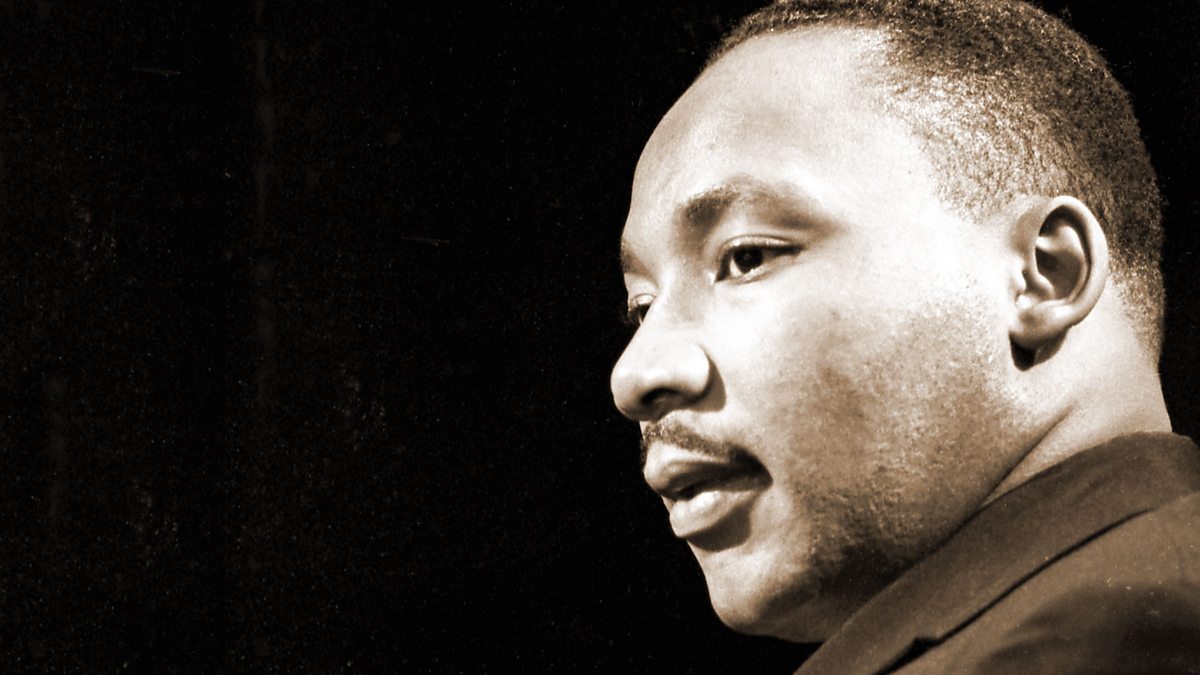
/cdn.vox-cdn.com/uploads/chorus_image/image/64605234/9c25108251.0.jpeg)
And we will sit-on and we will kneel-in and we will lie-in if necessary until every Negro in America can vote. Bates, president of the Arkansas NAACP who played a key role in integrating schools in Little Rock, told the crowd: “We will walk until we are free, until we can walk to any school and take our children to any school in the United States.

It took further convincing to have a woman lead it.ĭaisy Bates spoke in the place of Myrlie Evers, the widow of slain civil rights leader Medgar Evers. It was only after pressure from Anna Arnold Hedgeman, the only woman on the national planning committee, that a “Tribute to Negro Women Fighters for Freedom” was added to the official program. The march almost didn’t include any female speakers, either It had never been used on a world stage before.”Ģ. “I thought it was a mistake to use that,” Walker recalled. Then he paused and said, “I still have a dream.”

As he spoke, gospel singer Mahalia Jackson called out to King, “Tell ‘em about the dream, Martin.” King was the last speaker to address the crowd in Washington that day. So, the night before the march, King’s staff crafted a new speech, “Normalcy Never Again.” Wyatt Tee Walker called it “hackneyed and trite.” King had suggested the familiar “Dream” speech that he used in Detroit for his address at the march, but his adviser the Rev. MLK’s speech almost didn’t include ‘I have a dream’ But how this pivotal speech was crafted is just one of several interesting facts about what is one of the most important moments in the 20th century in the United States:ġ. Several of King’s staff members actually tried to discourage him from using the same “I have a dream” refrain again.Īs we all know, that didn’t happen. King spoke these words in Detroit, two months before he addressed a crowd of nearly 250,000 with his resounding “I Have a Dream” speech at the March on Washington for Freedom and Jobs on August 28, 1963. spoke these words in 1963, but this was not the speech that would go down as one of the most important addresses in U.S. Getty ImagesĪll the ways you can make a difference this MLK Day In 1964, at 35 years old, King became the youngest person to win the Nobel Peace Prize. Martin Luther King Jr.'s emphasis on nonviolence and service to his "beloved community" garnered the civil rights leader worldwide recognition.


 0 kommentar(er)
0 kommentar(er)
